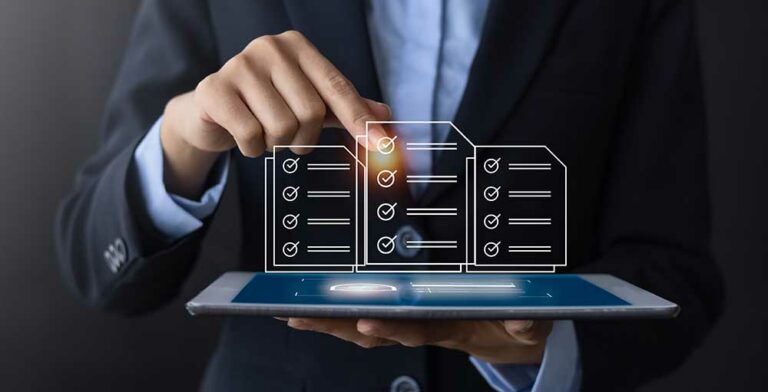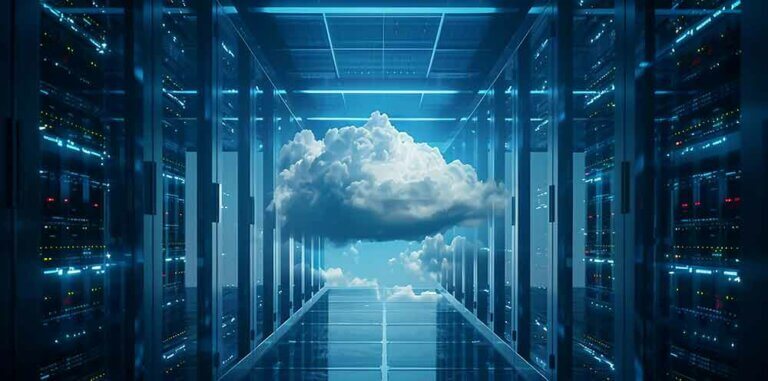If your business is like many small businesses out in the world today, you already know about the importance of data backups. You know that backup and recovery services are critical, and you’ve made this a standard part of the management of your network. If you outsource your IT to a managed service provider, data backup is a standard part of the maintenance of your network, along with routine testing of the backups to confirm that they are working. There will be no data loss on your watch and you sleep just fine at night, thank you very much.
IT Disaster Recovery: You Need More Than Just Data Protection
But do you know that standard backup solutions protect against data loss, but not against downtime? That is because accessing the data to continue business-as-usual is a different animal than just saving it. It’s like this. You know that all your good china is safe and sound in storage but getting to it and setting it out for a killer dinner party is another matter altogether…one that takes preparation, planning and time. Which is exactly why, when you are planning a dinner party, you naturally have a plan in place to get into storage and find it, retrieve the dishes (without breaking them), clean everything and ultimately have a beautifully set table ready for a memorable event. Note here that you would do all of this BEFORE the dinner party begins. But so many businesses aren’t applying this same logic to their data. Sure, you know it’s there – all safe and sound – but what is the plan to retrieve your data and actually be able to use it? We get that unlike a dinner party you aren’t going to get a save-the-date-card announcing the date of your disaster or for that matter, if you will even get an invite. Because sure, maybe you will get lucky and never, ever experience any kind of business interruption…but do you really want to take that chance with your small business? Because not doing anything to prepare for the worst is risky and frankly doesn’t make sense – sorta like calling a party planner after your guests have arrived. The result is that paralyzing “Now what?” question. The reality is that if you are asking yourself this only AFTER something has gone wrong, it means that your business will recover more slowly from any type of disastrous event – survive it yes, but not without plenty of unwanted and potentially costly downtime. But you could do more than survive. Your business could in fact operate as if there was no disaster at all.
Now What?
It’s the “now what?” question about your data and systems that you really need to be asking yourself on behalf of your small business. In the event of a disaster, “Now what?” means the difference between downtime that is measured in days or even weeks vs. a matter of hours or even less. Because if you have already planned out and prepared for the “now what” in this scenario, then all you have to do is execute the plan to get to “business as usual.” The “what now” of the plan will vary depending on the nature of your business and the disaster itself, but it could be as easy as flipping a switch once you have implemented the appropriate disaster recovery solution. But even in a worst-case scenario, the time and effort spent retrieving data with a DR solution already in place is far better than what you will experience without it. Stopping at just having your data backed up can become truly disastrous for your business, because the valuable time that gets wasted while you determine how to get back to business as usual is what is going to cost you.
Defining a Disaster
It’s important to note as part of this discussion what actually constitutes a disaster. It doesn’t have to be all locusts, floods and wildfires to negatively impact your business. In fact, a localized power outage can qualify as a disaster if you happen to be in the area with no power and therefore no way to power your business. It can be a dead server, an infected PC, a fire in your building, a snowstorm that causes a power outage and/or precludes your team from making it to the office, or a hurricane or other natural disaster. The disaster definition becomes true when – for any number of issues – you cannot access your data or your systems.
Getting Back to Business-As-Usual
The solution for avoiding the negative impact of “Now what?” is to employ a disaster recovery solution so that you can keeping running “business as usual” either during or immediately after any type of disruptive event. The most common and cost-effective solutions now utilize cloud technologies for disaster recovery purposes. For example, emerging disaster recovery solutions allow users to back up virtual machines (VM) to the cloud, and in the event of a failure, the backup VM can be mounted and accessed directly as if it were the primary VM, while the primary gets restored in the background. Employing cloud-based DR services also means that employees can work from anywhere – so long as they have an internet connection – and that neither data nor time will be lost in the event your work site becomes inaccessible. Likewise if your server dies, you simply access the cloned version in the cloud. The good news is that there are a myriad of traditional and cloud-based DR solutions available now to businesses of all sizes and for all budgets, all with the goal of helping you to set the table in plenty of time (i.e. avoid lost data, and lost time.) You have insurance for your car, your home and your business, so think of a DR solution as much-needed insurance for your network. Having a true disaster recovery plan in place allows your business to actually function during a disaster, rather than just recover from one. The IT specialists at Corsica Technologies can help you determine what the right Disaster Recovery solution is for your business. Contact us today at service@corsicatech.com or 877-367-9348.
About Corsica Technologies
The mission of Corsica Tech is to deliver custom IT service solutions to small businesses, providing them with exceptional customer service, and the peace of mind that their IT systems are being professionally monitored and managed so that they can focus on their core business. Corsica Tech’s managed service program provides an affordable, reliable solution for businesses so they can focus on their core business and not the IT solutions that power it. For a fixed monthly fee, Corsica Tech will monitor, manage and maintain your IT systems, ensuring that your network is running at peak efficiency. It’s like having the IT professional down the hall, only better.





